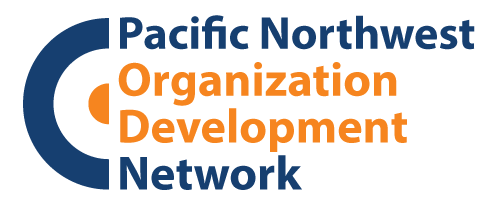June 2017
|
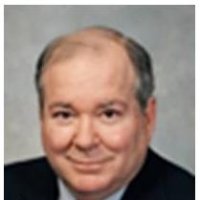 From the President: From the President:
Back off Man, I'm a Scientist
by
William “Bud” Wurtz, Ph.D.
2017 PNODN President
You know you are getting, uh, “mature” when you start remembering the Good Ol’ Days. When I was just a callow youth starting my OD career way back when, there was great emphasis within our field as being an applied behavioral science. Sadly, I can’t recall the last time I heard anyone (besides me) use “science” and “OD” in the same sentence.
Does this matter? Obviously, I believe it does. While time and space constraints prevent the extensive treatment this topic deserves, let me put forward a few points, however briefly, to provoke some reflection, possibly even some outrage, in the interest of reclaiming our heritage and promoting the renewal of our field.
One major issue is that of authority and legitimacy. If we are intervening in the lives and businesses of others, what are our claims of efficacy and competence based on, if not the authority of science? For example, there is great emphasis in most organizations I visit on teams and teamwork. This stress on team development is based on some pretty solid applied behavioral science as to the efficacy of teams in terms of organizational performance.
A related point is that science provides a common vocabulary and criteria. Unfortunately, this is easiest to observe in the breach. For example, while one encounters a lot of rhetoric about teams and teamwork, the reality I often find is just a traditional autocratic supervisor-directed work group. The language has been appropriated, but the hard work of using applied behavioral science to build a true high-performance team has not been done.
A corollary to these points is, as astrophysicist and noted science communicator Neil deGrasse Tyson puts it, “Science is basically an inoculation against charlatans.”
The various workplace-learning professions have never developed the political clout to gain legislatively protected status like the guilds of accountants, lawyers, and medical doctors. Anyone can call themselves an OD practitioner, change management expert, leadership development specialist, or whatever.
I am very proud of my hard-earned RODC (Registered Organization Development Consultation) designation. The mentoring I received as I prepared for the RODC is what made me an applied behavioral scientist. But the RODC is hardly recognized outside of the OD Institute (now the International Society for Organization Development and Change) that conferred it. The same is true for many of the other certification programs of other workplace learning professional associations.
Over my long career I have seen many instances of executives bringing in their golfing buddies or, in one particularly egregious example, their son’s high school basketball coach to do “team building” or “change management”. After all, just about any fool can do OD work, right? I am proud to say that I have mustered up the courage to call out these unqualified individuals in a few instances, and voted with my feet in several others. I wish I had done so several more times, but this involves tough, unpleasant conflict, and can entail considerable personal risk and potential cost.
Another issue is whether we as practitioners are contributing to the process of science, and thus to the development of our field. This is done by building a systematic body of knowledge that has some predictive power. We will keep advancing – or not advancing -- as a profession and a field to the extent that we are helping to develop a valid body of knowledge. The “soft” human sciences will never have the precision of the “hard” physical sciences. Still, I believe OD practitioners, based on behavioral science, can pretty reliably predict (for example) how people will act and perform in an organization with a highly authoritarian culture versus one that is more participative.
PNODN’s mission statement says our work should impact in a positive way the broader community in which we live and work. Thus we cannot be indifferent to the fact that science today is under attack as never before. There is a Know-Nothing movement gaining steam out in the world today that is dangerous and must be stopped. OD professionals should be part of that resistance. “Alternate facts” and “fake news”, not to mention outright lies, cannot be allowed to stand.

So please take some time to reflect in the days to come on the extent to which you see yourself as an applied behavioral scientist, as someone who is a member of a scientific community committed to facts and truth, someone who is willing to call to account those who lack the necessary applied behavioral science background to do OD competently, and whose personal work is contributing to the development of a body of knowledge of replicable results. And if you find yourself challenged in the pursuit of science, I empower you to use the immortal words of Bill Murray in Ghostbusters, “Back off man. I’m a scientist.” :-)
Dr. William “Bud” Wurtz
2017 PNODN President
__________________________________________________________________________
|
 Join us May 23rd for A SPECIAL VIRTUAL WORKSHOP ON THE FUTURE OF OD ~ The Global Practice Framework: Making the OD Brand Distinctive Join us May 23rd for A SPECIAL VIRTUAL WORKSHOP ON THE FUTURE OF OD ~ The Global Practice Framework: Making the OD Brand Distinctive
The OD Network has been investigating what it means to be a superior performer as an OD consultant and how to strengthen the brand of organization development in today’s digital world.
With input from over 1000 global OD leaders, the result of this three year journey brings to light six global trends that will continue to change our world of work as well as a framework that provides a common language around the professional standards necessary for successful OD performance within this context.
PNODN is proud to present vital discussion of OD’s brand, in conjunction with the international OD Network, to share highlights from the Global OD Practice Framework™ study, and discuss what’s next for global OD practitioners.
This vital workshop about the future of our profession, presented virtually, is free to those members of the PNODN community who register in advance.

________________________________________________________________________ 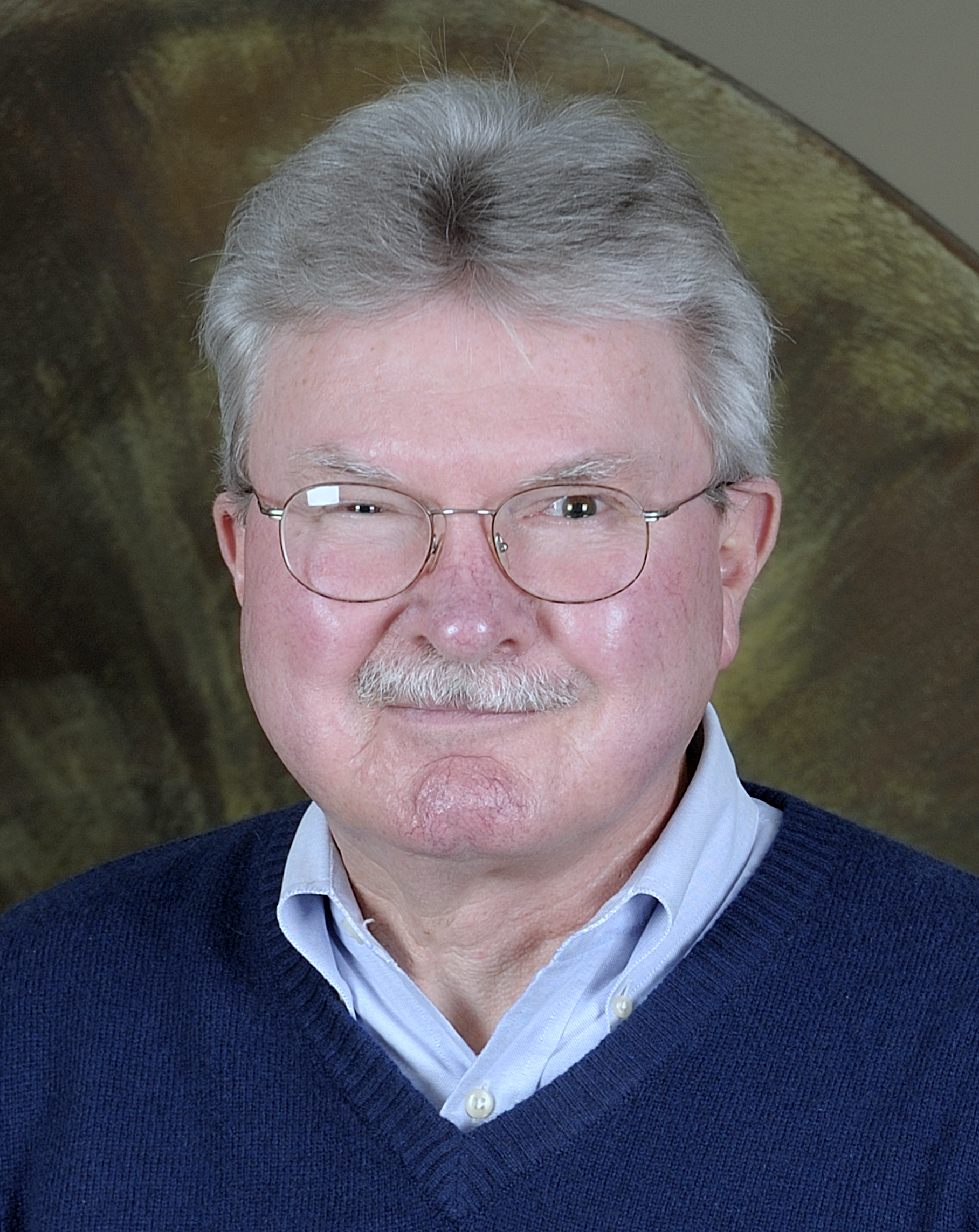
Review of April Meeting
By Jeremy Meeds, PNODN Programming Chair
During our April meeting, Tom Everill led us in a lively discussion around, first his experiences as a global integration officer for Airborne Express, and then as the CEO of
Northwest Center, where he is was able to completely transform the culture of Northwest Center using principles that he had learned at Antioch University's Center for Creative Change. He talked about how he used "emergent leadership" and what some would call the "dialogic mindset" to turn around years of stunning operating losses and moral decay at the Northwest Center. Through this process, Tom was able to host dialogic conversations and hold open a "space of not knowing" long enough for this transformation to occur. This collaborative journey led him to let go of some who didn't fit with the principles of his vision while embracing others who shared his vision of working with engaging emergence, conflict, anxiety, intimacy and ultimately love. These principles ultimately transformed the Northwest Center and now Tom is currently writing a book on the inner journey of emergent leadership. His discussion was lively, engaging and included questions and answers from just about everyone in the circle, and we all left completely energized and inspired.
 PLAN AHEAD!!! October 16th's program: What is Design Thinking? PLAN AHEAD!!! October 16th's program: What is Design Thinking?
In a keynote address to the Organization Development Network, renowned consultant Peter Block encouraged attendees to “integrate Design Thinking into your 21st century work”. But what does that mean for OD, HR, and L&D professionals? How might you incorporate Design Thinking into your practice?
Design Thinking is a process of iteration and collaboration most often applied to the creation of new products and services. But its similarities to organization development, in both principle and practice, means it can be applied to broader set of challenges and opportunities. This 90-min interactive session will explore the design thinking approach with emphasis on how it can strengthen organizations.
Participants in this 90-min experiential session will: 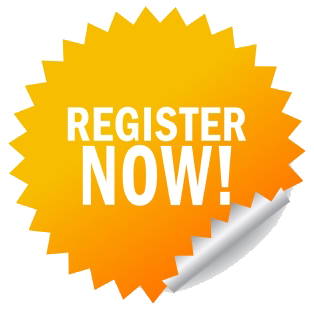
1. Develop an applied understanding of the design thinking approach
2. Practice the five key steps of design thinking in real-time
3. Explore its use as an organization development method
4. Leave with concrete next steps to experiment with Design Thinking further
There will be a follow-on half-day workshop, which will go more in depth on Monday, October 30th from 9 AM to noon at Mercer Island Community Center.
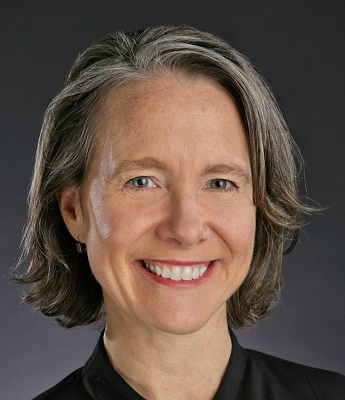  Half Day workshop October 30th: Designing Experiences that Develop Organizations Workshop with Alex Dunne and Tonya Peck Half Day workshop October 30th: Designing Experiences that Develop Organizations Workshop with Alex Dunne and Tonya Peck
How might Design Thinking aid the design and facilitation of group experiences like training, meetings, off-sites, and corporate retreats? How might OD, HR, and L&D practitioners encourage outcome-oriented business leaders to apply Design Thinking to complex/systemic challenges?
Explore these questions and more, while practicing with new experience design tools (provided). This 3-hour session expands on concepts introduced at October’s PNODN Monthly Meeting: What is Design Thinking?
Participants will:
1. Deepen their applied understanding of the 5-step Design Thinking (DT) process 
2. Practice with new experience tools (provided) & measure their impact
3. Leave with new tools & concrete next steps to further the practice of DT
|
Case Study
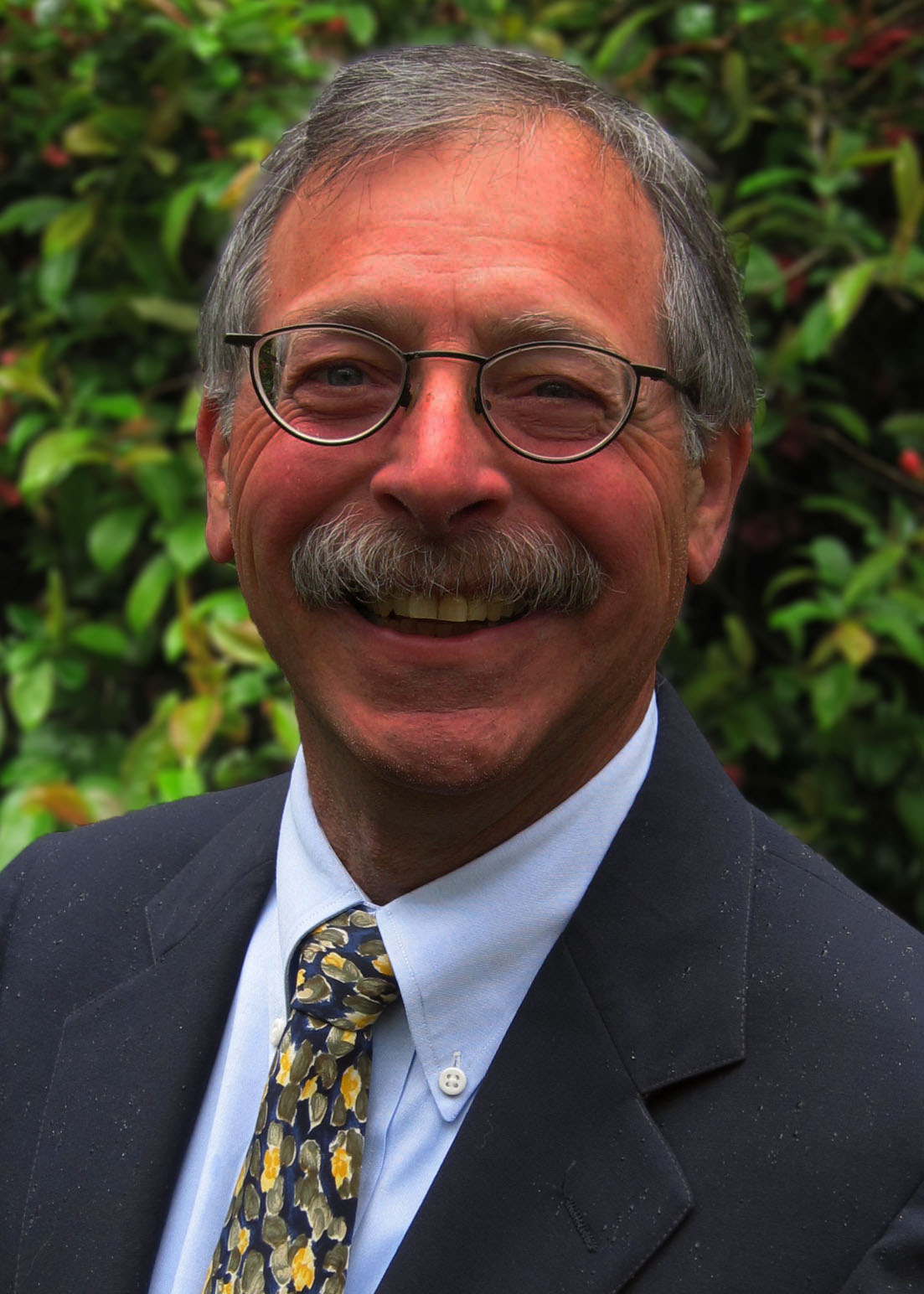
Savvy Slips, Learning on the Run
By Philip S. Heller
Learnings from Practice 25b: Job Transition Coaching (Second in a series)
How to help a leader understand their unproductive patterns that may keep them stuck?
The Request. A Director of Labor Relations from a large city wanted one of his senior managers to focus more on big-picture thinking and to build relationships and developmental goals with his direct reports. He requested the help of a coach to develop and implement a learning process to help the manager decide on the right role for success—Is his current role sustainable?
Larger Context. The Senior Manager was about to go through a 360° feedback process and this would help him look at strengths and needed competencies. That might provide the data for either a development plan or a transition to another position. The manager was an expert labor lawyer, smart, detailed and ambitiously driven with very high standards. He had provided blunt, hypercritical feedback to his direct reports and so had soured those relationships. The Director was concerned about giving the Senior Manager the decision authority that was being sought. The Senior Manager felt stuck in limbo, having accountability without direct control. He was not wanting to leave his current position as that would feel like an embarrassing failure.
Consulting Intervention. After an initial meeting with both the Director and Senior Manager to clarify expectations; the coaching goal was for the Senior Manage to develop more internal awareness of his current situation. This might provide the manager with enough information to decide if he was going to be more successful either in his current position or in some other job. The manager felt stuck. His high standards would not allow for “failure” which meant he had to succeed at any cost even if he didn’t like the work. In order to develop more awareness about his particular unproductive pattern, the Senior Manager was given a pre-work assignment (1). He was asked to consider a short summary of a few basic “facts” gathered from prior coaching sessions: His wants, experience, feelings and possible assumptions and beliefs that might be at play. He was asked write about any repeating thoughts that added to his current feeling and the positive feedback loop that may be keeping him stuck. Finally, he was asked to complete the sentence, “If I were to fail, I would….” After that session, the Manager took another managerial line position in another organization.
Last line: For clients that might need help understanding what is keeping them stuck, it may be useful to have them review their current pattern, including all the drivers that may be at play. (2)
(1) To access the Pre-work Assignment we used, go to: http://learningdesigna.com/resourcescategory/coaching/ and select: Understanding My Pattern.
(2) Unproductive patterns are discussed at length in: O’Neill, Mary Beth. Executive Coaching with Backbone and Heart. Jossey-Bass Publishers, San Francisco. 2000.
Philip Heller is a senior associate of Learning Design Associates. For 36 years he has helped plan systems change and develop leaders in government, community agencies, and health care centers. Philip received his Ph.D. in Education focusing on learning and problem solving. As part of the originating group, he has been a PNODN member since 1982.
© 2017 Philip S. Heller, Savvy Slips, Learning on the Run 25b, Job Transition Coaching
|
|
|
|
|
Engaging the Differences That Divide Us - 2017 Authentic Leadership in Action Conference
The Authentic Leadership Center (Naropa University) would like to let you know about an extraordinary leadership conference coming to our region in June. The 2017 Authentic Leadership In Action conference features teachers Arawana Hayashi (Social Presencing Theater), Gaylon Ferguson (senior Shambhala teacher), Aftab Erfan (Director of Dialogue and Conflict Engagement, University of British Columbia, & senior practitioner of Deep Democracy), Susan Skjei (Director, Authentic Leadership Center at Naropa University), & Leticia Nieto (faculty at St. Martin’s University and author of “Beyond Inclusion, Beyond Empowerment”). This conference brings together expertise in the practices of conflict engagement, authentic leadership, and mindfulness. We’ll gather in Tacoma, June 22-25, on the lovely Pacific Lutheran University campus. Early bird price until May 1. Register here. To learn more about ALIA & the local Community of Practice, contact Steve Byers at smbyers7@comcast.net or (360) 259-0340.
|
HOW TO REACH US
Our Administrator is: Ann M. Baus

The Editor of the newsletter is David C. Wigglesworth
From The Editor
This is your newsletter and we welcome and encourage your contributions. They could include personal news of a professional achievement, a brief article of interest, a short book review, a case study, a cartoon, a joke that is OD relevant and/or anything else that might be of interest to your colleagues who are our readers. I thank you in advance.
|
|
|
|
|
